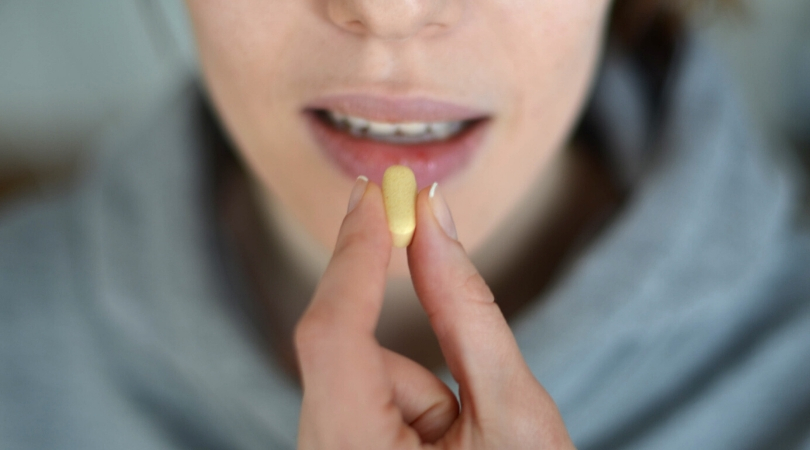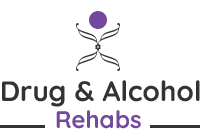Medication-Assisted Treatment
WRITTEN BY SONIA BLUMBERG, BA – JUNE 24TH, 2020
Medication-Assisted Treatment for Treating Opioid Use Disorder
The national opioid epidemic that began two decades ago primarily as a result of the overprescribing of prescription pain killers during the late 1990s through the mid-2000s prompted government attention and federal funding. The focus, however, only occurred once the accidental overdose death tolls continued to rise drastically from 2013 to 2017.
Since then, Medication-Assisted Treatment also referred to as MAT, has become a vital component for providing successful treatment to persons who are addicted to opiates. MAT is the use of medications in combination with counseling and behavioral therapies, to help a person who struggles with Opioid use disorder (OUD) remain drug-free.

Search For A Rehab Center Near You
What is Medication-Assisted Treatment?
Opioid Use Disorder is how professional medical and government representatives label opiate addiction. Opioid dependency involves addiction to heroin, prescription pain killers such as oxycontin, Vicodin, Dilaudid, Percocet, morphine and others, and addiction to Fentanyl. Although there has been progress made on reducing the number of people who are addicted to opiates since 2017, the numbers are still alarming. They indicate that the opioid epidemic is still negatively affecting our country. The Centers for Disease Control have reported drug overdose rates for 2018. Although there has been a decline in overdose deaths, from opiates, the numbers of overdose deaths from synthetic opioids such as Fentanyl have increased.
Opioids were involved in approximately 70% (46,802) of drug overdose deaths during 2018, representing decreases from 2017 in overdose death rates involving all opioids (2% decline), prescription opioids (14%), and heroin (4%); rates involving synthetic opioids increased 10%. (CDC)
Benefits of Medication-Assisted Treatment
Medication-Assisted Treatment allows for persons who are struggling with opioid addiction and dependency to maintain long term recovery from opiate addiction. Unlike other drug addictions, opiate addiction often lasts from 5 or more years and even decades. The relapse rate for OUD is much higher than any other substance. Researchers for the National Center for Biotechnology Information advances science and health published their findings on what substances were most likely to cause a relapse. They found that opiate drugs have the highest relapse rate, and globally over 20 million people are addicted.
More recently, it has been estimated that 26–36 million people worldwide abuse opiates. In addition, studies have reported alarming rates of relapse with opiate addiction compared to other drugs, with one study reporting a relapse rate of up to 91% in opiate addicts, indicating that the risk for relapse could be higher for opiate addiction than it is for other drug addiction. Thus, understanding the mechanism of relapse is crucial for developing effective relapse prevention strategies for OUD. (NCBI)
Medication-Assisted Treatment Prevents Relapse
There are two main reasons why the relapse potential is higher with opiate addiction. First is that people who become addicted to opiates become physically addicted. When a person is physically dependent/ addicted to a substance, this means that they must use the drug regularly to prevent physical withdrawal symptoms from occurring.
Opiate physical withdrawal symptoms are debilitating. Just some of the symptoms include:
- Vomiting, diarrhea, cold sweats
- Severe insomnia
- Bone and muscle pain
- Agitation and emotional instability
- Heart palpitations, respiratory strain
- Intense drug cravings
People who are addicted to opiates will do anything to avoid experiencing withdrawals. That is the first reason Opioid Use Disorder is challenging to overcome; these persons must keep ingesting opioids to feel normal or not sick. The second reason is that since opiate addiction lasts longer than other addictions, the long-term effects on the brain’s reward center is significant. The brain’s reward center plays a role in what motivates drug use and addiction, as well as impacting the ability to make stable decisions. MAT programs are effective for reducing relapse and for providing enough time for the brain’s reward center to return to a healthy status.
Medication Used in Medication-Assisted Treatment
The professional treatment centers that provide medication-assisted treatment programs near me rely on three main medications to help persons overcome their OUD. Each of these medications provides relief from opiate withdrawal symptoms and prevent relapse. They also allow individuals to retain enough clean time to be receptive to therapy methods. According to the Federal Drug Administration, the three main medications approved for the treatment of OUD include:
Buprenorphine, methadone, and naltrexone. All three of these medications have been demonstrated to be safe and effective in combination with counseling and psychosocial support. (FDA, 2019)

Medication Assisted Treatment Approach
The therapy methods that are essential for a MAT to be successful include evidence-based forms of therapy along with individual and group counseling, relapse prevention, and holistic therapy methods. Evidence-based therapy methods provide the most targeted OUD treatment. Cognitive-behavioral therapy is the leading type of evidence-based treatment that is proven to help people who are addicted to opiates and other substances attain long term recovery.
The medication-assised treatment programs near me that we list in our network provide substance use disorder treatment. They are overseen by medical doctors and experts who specialize in opiate addiction detox treatment and therapy.
Find Medication-Assisted Treatment Near Me
The ideal treatment plan for a person who suffers from an addiction to heroin, prescription pain killers, and other opiates is first to be admitted into a medically managed opiate detox program. Medically managed opioid detox programs initiate MAT medications and therapy. The next step is to attend a substance-specific treatment program that continues MAT as well as offering other gold standard methods of treatment specifically for opiate addiction. Contact our recovery advocates today and we will be able to assist you in finding a reputable and appropriate MAT program near you.
